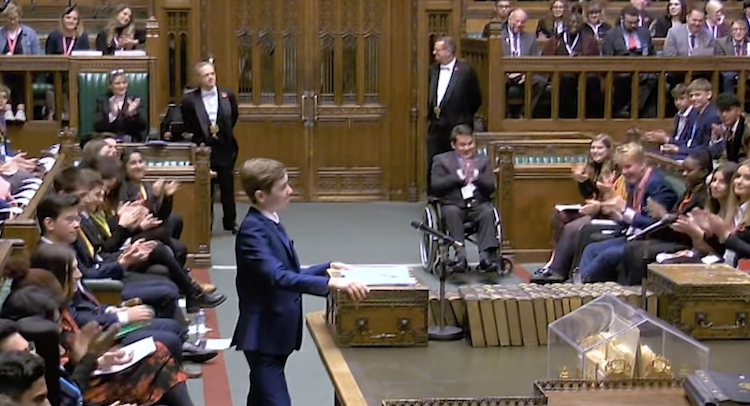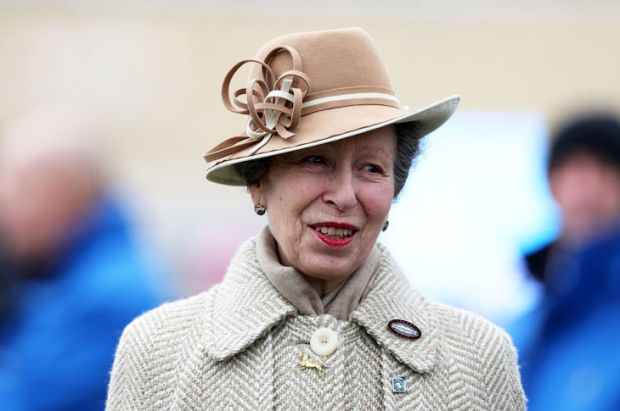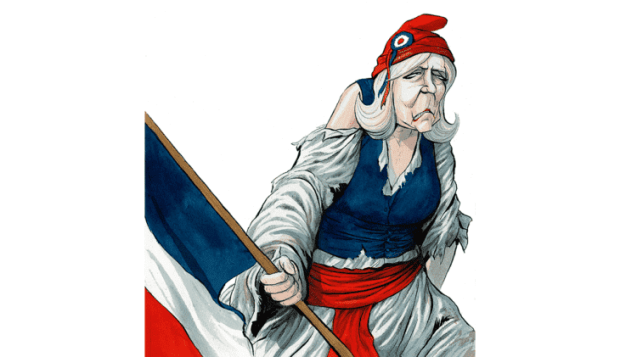When the British Youth Council (BYC) announced last week its imminent closure, people went near-hysterical, declaring it ‘devastating’ news and a ‘dark day’ for Britain’s youth. Of particular concern was the future of the Youth Parliament, one of the BYC’s flagship programmes. In all likelihood, the Youth Parliament will see new leadership rather than the graveyard.
Already a subscriber? Log in
Subscribe for just $2 a week
Try a month of The Spectator Australia absolutely free and without commitment. Not only that but – if you choose to continue – you’ll pay just $2 a week for your first year.
- Unlimited access to spectator.com.au and app
- The weekly edition on the Spectator Australia app
- Spectator podcasts and newsletters
- Full access to spectator.co.uk
Or




















Comments
Don't miss out
Join the conversation with other Spectator Australia readers. Subscribe to leave a comment.
SUBSCRIBEAlready a subscriber? Log in